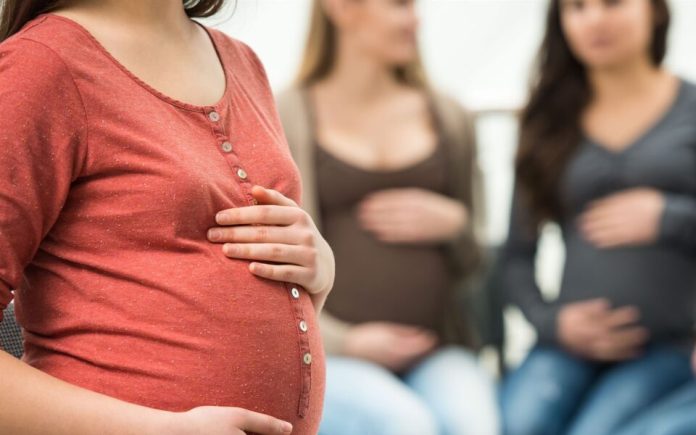Greece outlined measures to raise lagging birthrate, from vouchers and childcare allowances to tax breaks for young parents.
The country has one of the lowest birth rates in Europe. The country’s demographic situation is dire due to a decade-long economic crisis, emigration, and the changing attitudes of young people. Prime Minister Kyriakos Mitsotakis called it a national threat and a “ticking time bomb” for pensions.
The government currently spends around one billion euros a year on protective measures for children. However, Greece will record its lowest number of births ever in 2022.
The new measures were unveiled by the ministries of family, interior, finance, and health on Thursday. They include tax breaks for young parents, daycare vouchers, raising the minimum wage from 2025, increasing pensions, and cutting social contributions.
However, deputy finance minister Thanos Petralias warned on Thursday that the issue was long-term.
It is a given that the demographic problem … cannot simply be solved by benefits and cash incentives.
Falling birth rates are a challenge for governments across Europe, where countries including France, Italy, Norway, and Spain have spent billions of euros on measures to support children. However, this did not bring the desired effect.
The measures are part of a wider plan to reverse Greece’s declining birth rate. The plan includes affordable housing for young people, financial incentives for assisted reproduction, and the inclusion of migrants in the workforce. Byron Kotzamanis, a leading demography expert in Greece, said:
They [the measures] will have no dramatic impact on births. There needs to be a different policy to tackle the problem at its core.
